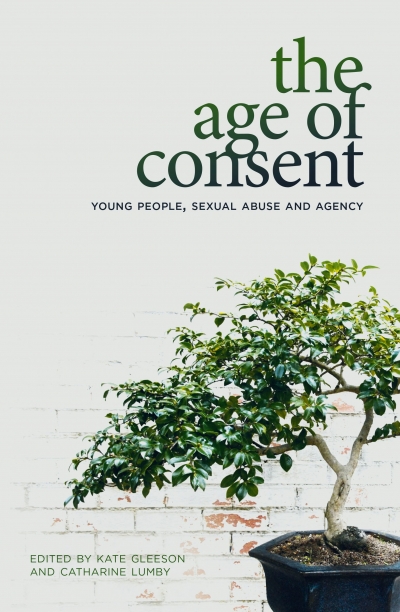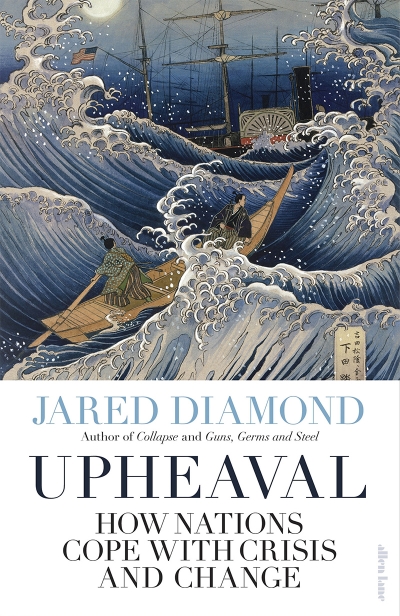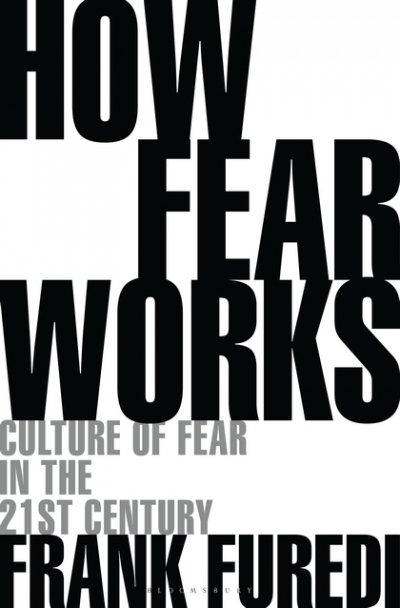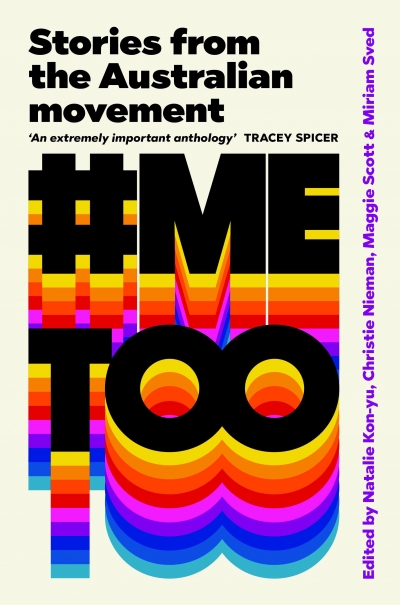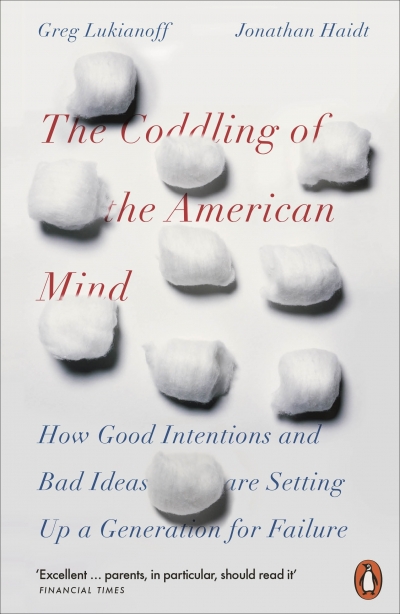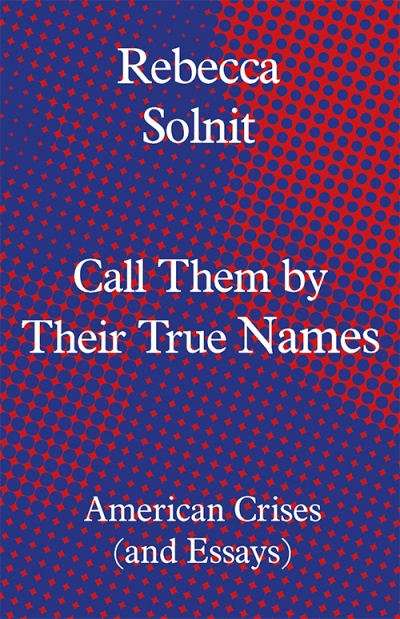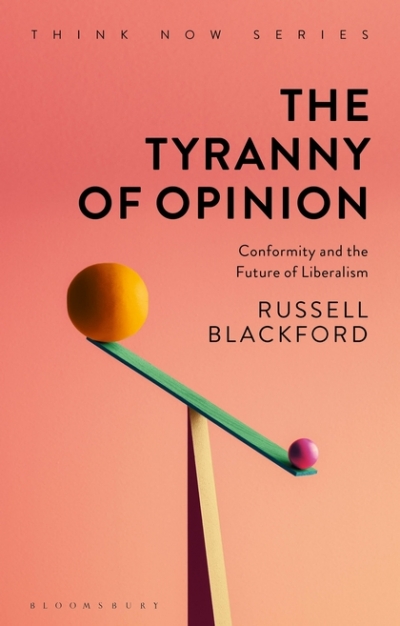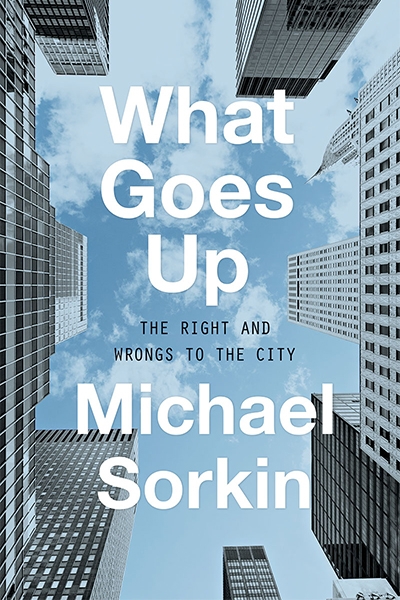Society
The Age of Consent: Young people, sexual abuse and agency edited by Kate Gleeson and Catharine Lumby
Much talk around the abuse of children centres on the desire (or demand) for justice. Unfortunately, justice is not easy to attain. To begin with, it tends to require a justice system. This introduces all manner of creaking bureaucracy and complicated, sometimes outmoded laws. Justice outcomes are also hugely influenced by race, gender, and inequality ...
... (read more)Individuals have crises; dealing with them sometimes makes a person stronger. Perhaps nation-states are similar: crises make them stronger and better. But is humanity as a whole like this? This question is raised but not answered in Jared Diamond’s Upheaval ...
... (read more)How Fear Works: Culture of Fear in the Twenty-First Century by Frank Furedi
Fear has always been a dominant element of human existence, across all human societies, but has our attitude to it changed? It might be argued that our concern with threats has become more pronounced. Is the twenty-first century an especially fearful period in human history ...
... (read more)Tired of Winning: A chronicle of American decline by Richard Cooke
Tired of Winning: A chronicle of American decline by journalist and essayist Richard Cooke begins with the shock of Donald Trump’s election on 8 November 2016. In New York’s Lincoln Square, thousands of Clinton supporters were ‘stunned into silence’ while ‘a posse of drunk frat boys in MAGA caps announced themselves ...
... (read more)#MeToo: Stories from the Australian movement edited by Natalie Kon-yu et al.
How do we get the measure of the phenomenon that is #MeToo? Both deeply personal and profoundly structural, #MeToo has been described as a movement, a moment, and a reckoning. Some critics have dismissed it as man-hating or anti-sex; sceptics as a misguided millennial distraction from more serious feminist concerns ...
... (read more)In Breaking Point: The future of Australian cities, Peter Seamer quotes satirist H.L. Mencken: ‘There is always an easy solution to every human problem – neat, plausible, and wrong.’ Seamer, a former CEO of the Victorian Planning Authority, Federation Square, and the City of Sydney ...
... (read more)The Coddling of the American Mind by Greg Lukianoff and Jonathan Haidt
In 1987, Allan Bloom published his best-selling book, The Closing of the American Mind. The American mind must have remained sufficiently open to allow it, three decades hence, to be coddled. The mind that is being closed or coddled is, in the first instance, the young adult ...
... (read more)Call Them by Their True Names: American crises (and essays) by Rebecca Solnit
On the first page of her book Hope in the Dark (2004), Rebecca Solnit quotes from Virginia Woolf’s diary: ‘The future is dark, which is on the whole, the best thing the future can be, I think.’ Such optimism is, Solnit acknowledges, surprising. But it’s a persistent theme in her work and it finds ...
... (read more)The Tyranny of Opinion: Conformity and the future of liberalism by Russell Blackford
Recently I was speaking with a friend about the impact of the #MeToo movement on gender politics and the implications for male academics. He suggested that there are only two speaking positions for men. The first is as a cheerleader from the sidelines. The second is as a critic, offering challenges or raising questions ...
... (read more)What Goes Up: The right and wrongs to the city by Michael Sorkin
Early in What Goes Up, Michael Sorkin shares an anecdote from the final collection by fellow architecture critic, the late Ada Louise Huxtable. ‘Just what polemical position do you write from, Madame?’ asks a French journalist of Huxtable, who, to Sorkin’s discomfort, fails to produce ...
... (read more)

